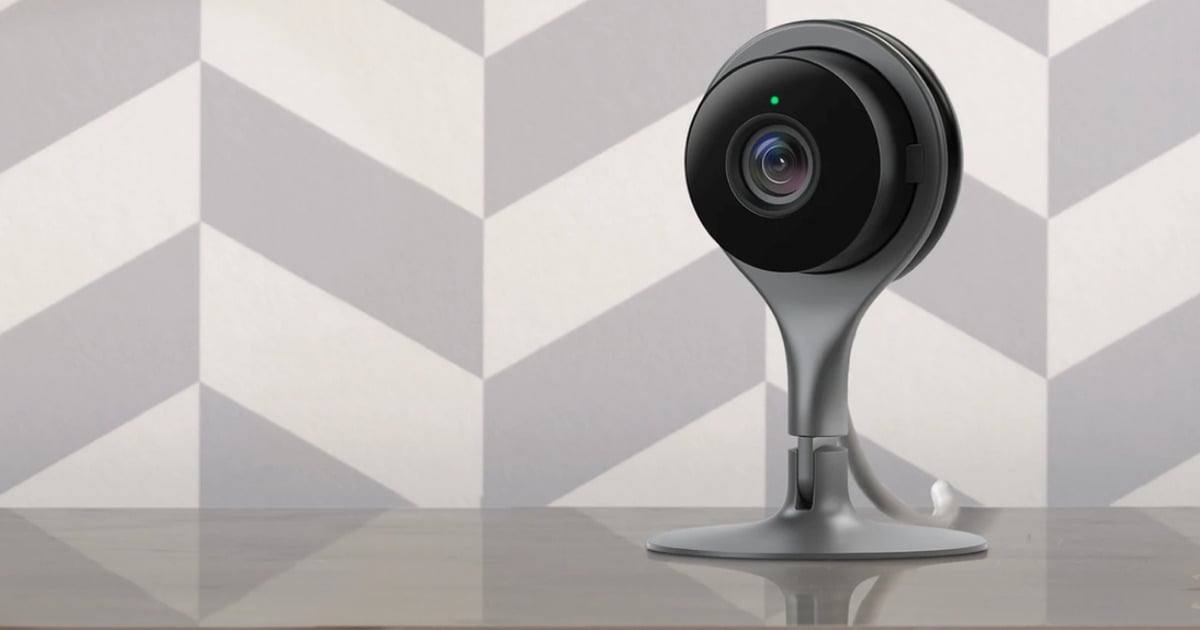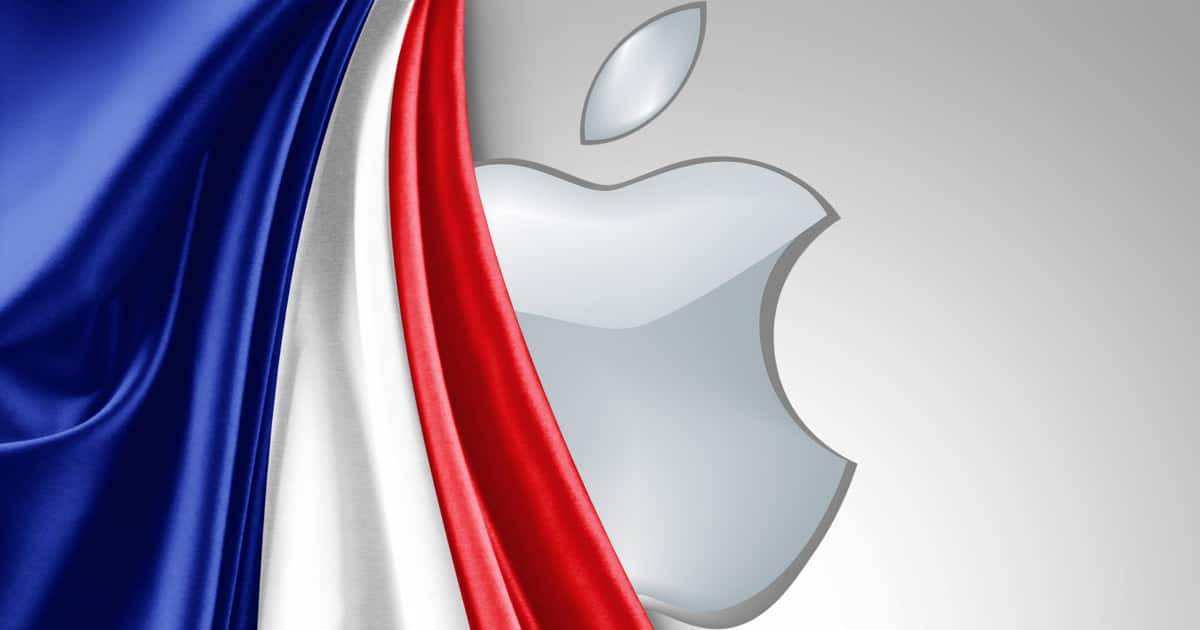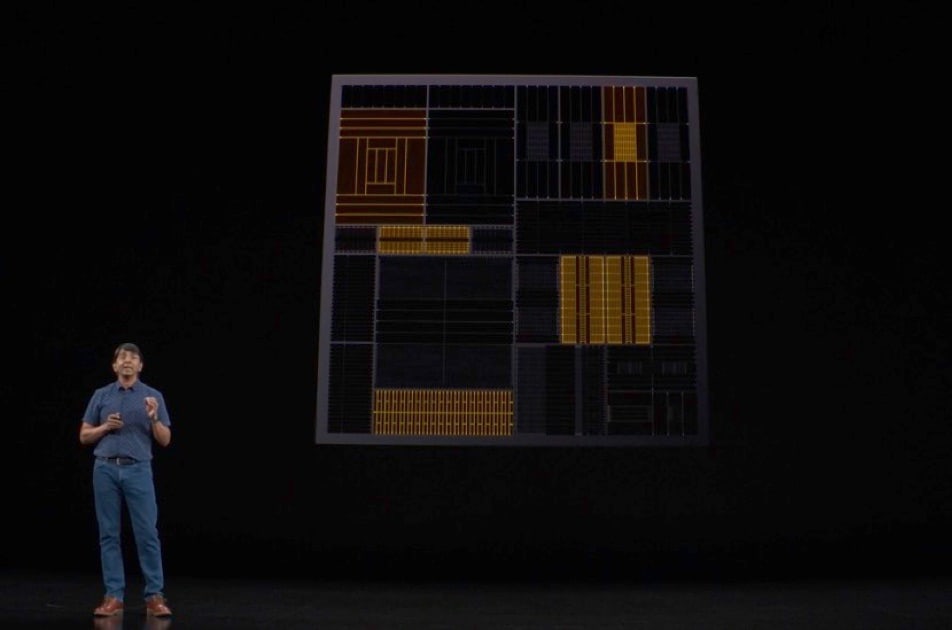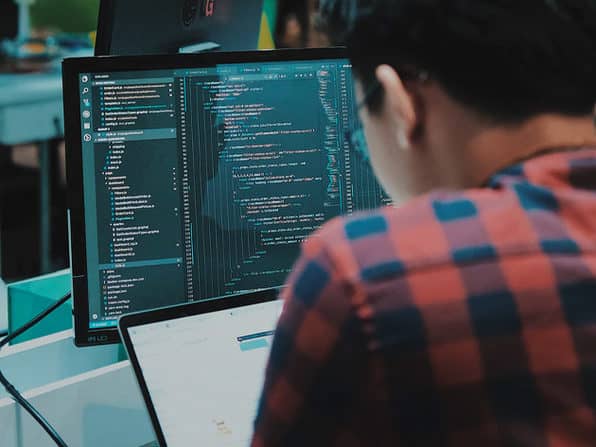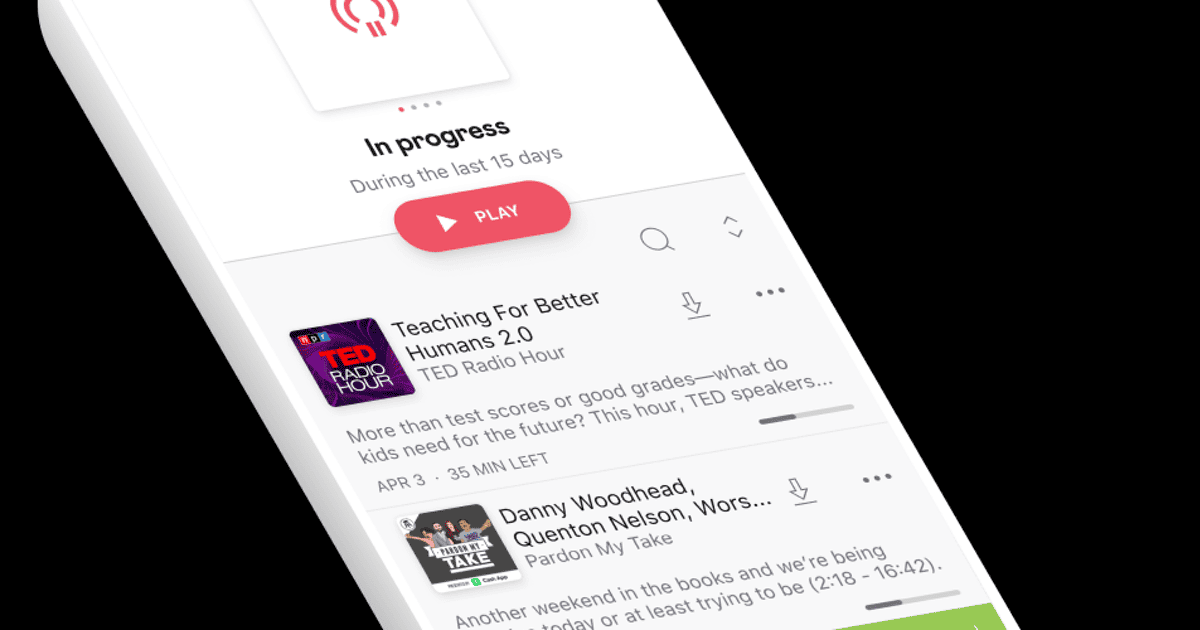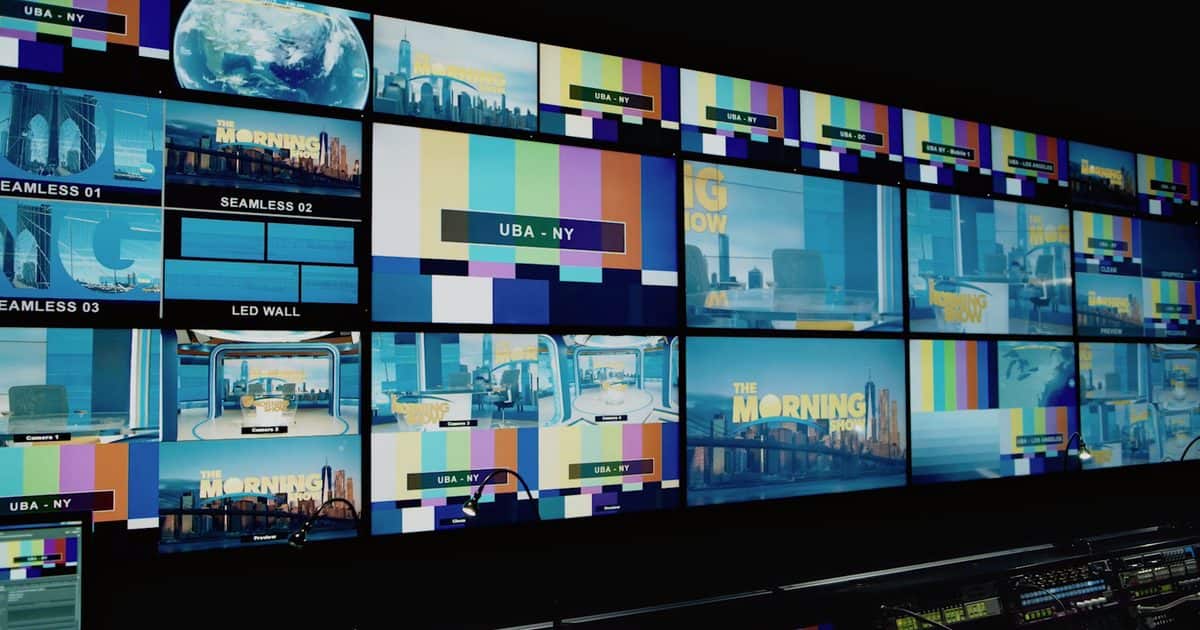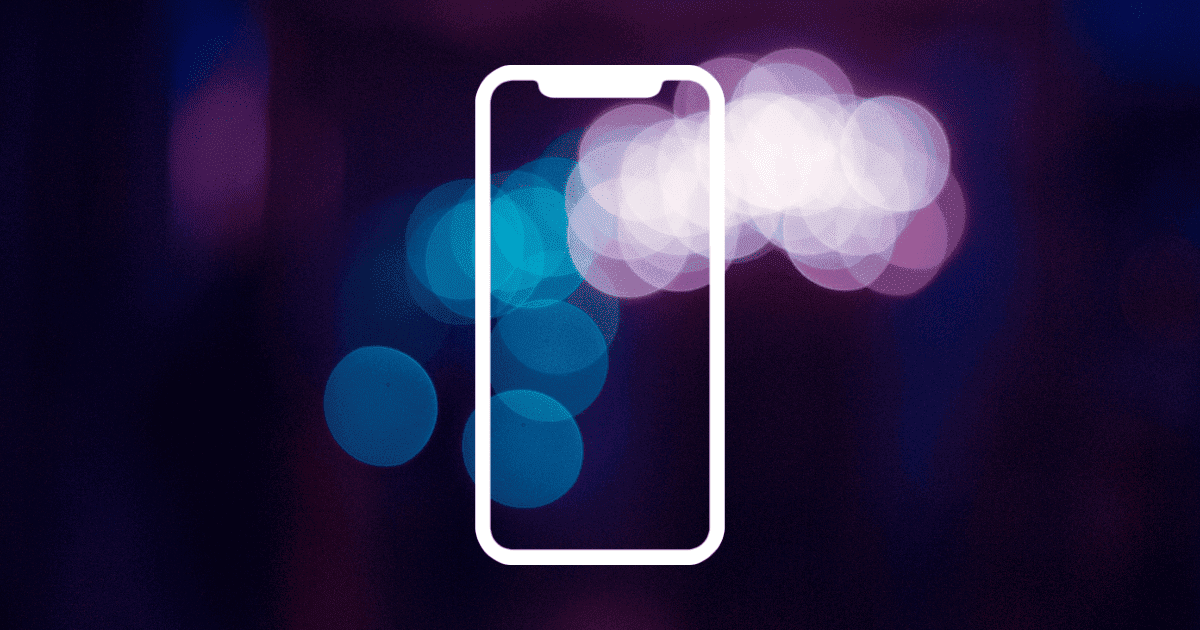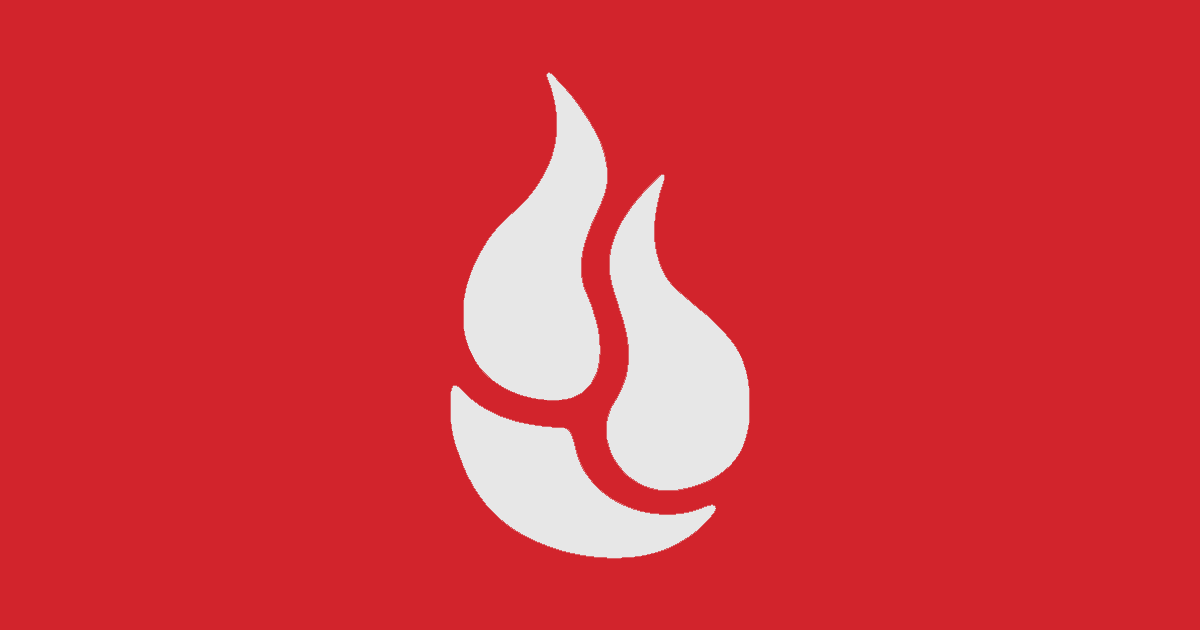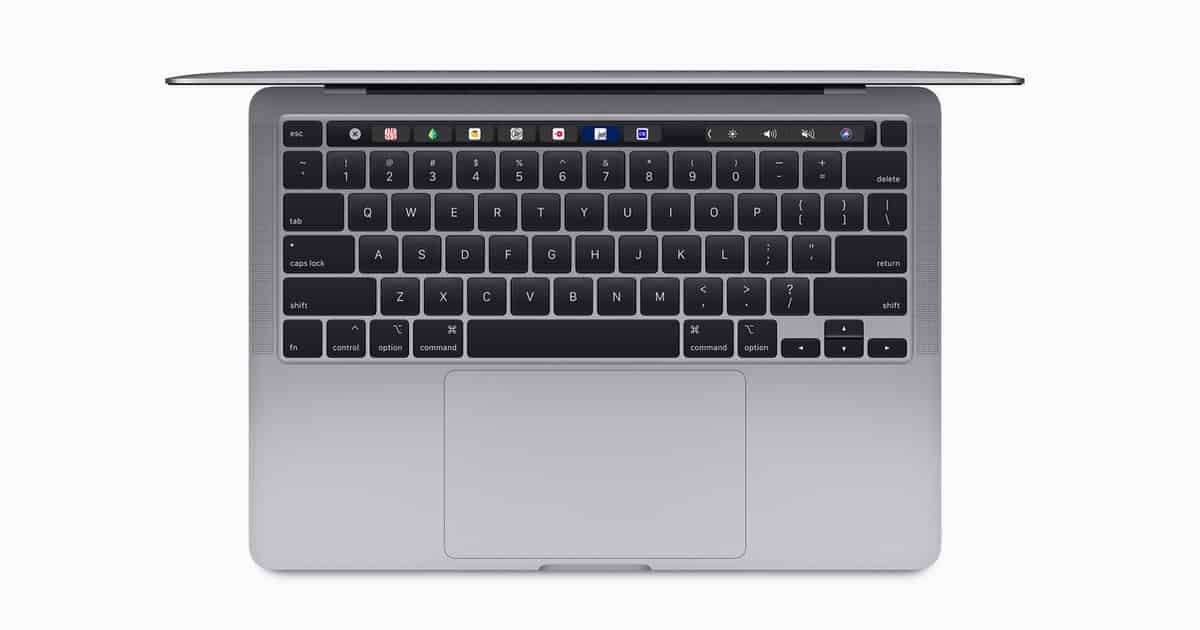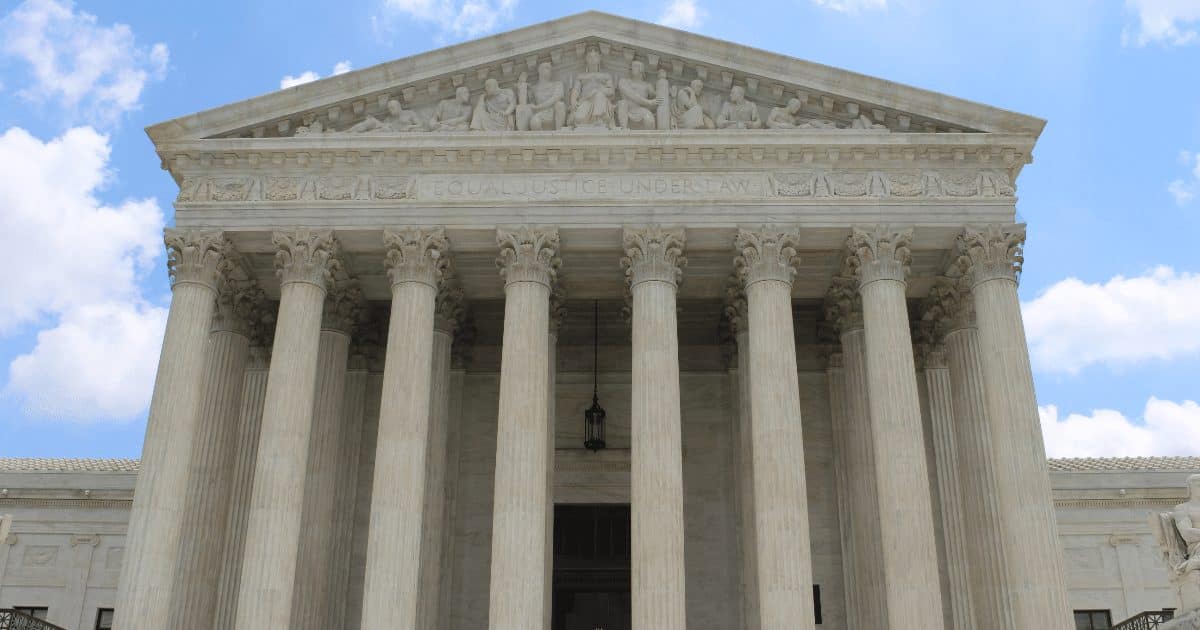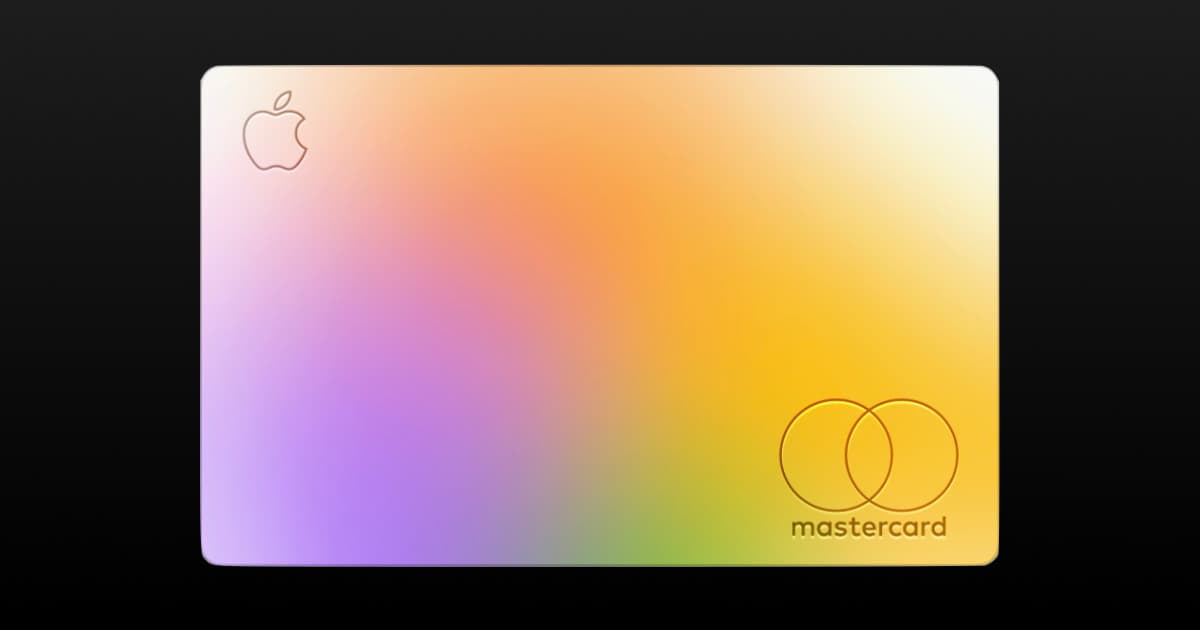Enter our new international giveaway for a chance to win the brand new iPhone 16 Pro.
Apple and Google Ban Location Tracking in COVID Apps
Apple and Google announced on Monday that the use of location tracking in contact tracing apps is banned to preserve privacy.
Nest Introducing Two-Factor Authentication For All Users This Month
Nest is introducing two-factor authentication for users who have not migrated to a Google account or turned the feature on already.
France Claims Apple is Undermining its COVID App Efforts
On Tuesday the French government accused Apple of undermining its efforts with its contact tracing app “StopCovid.”
Apple’s iPhones normally block access to Bluetooth unless the user is actively running an app. French officials want Apple to change the settings to let their app access Bluetooth in the background, so it is always on. So far, they say, Apple has refused.
O, the French minister, said he could not explain the reasoning behind Apple’s decision on Bluetooth. “We consider that oversight of the healthcare system, fighting the coronavirus, is a matter for governments and not necessarily for big American companies,” he said.
As we pointed out on our Daily Observations podcast, most people aren’t going to care about the privacy aspects of these apps. But they will care about battery life, and apps like these constantly using Bluetooth in the background will undoubtedly be a factor, Bluetooth Low Energy or not.
What Are ARM Processors And Why Does Apple Want Them in Macs?
While nothing has been confirmed, there is lots of talk that Apple wants to put its own, custom-made, ARM processors into upcoming Macs. But what exactly is one, and why is Apple so keen to introduce them to Macs? iMore has a great explainer.
Apple designs its own CPUs and CPU cores that implement ARM instruction sets. The company’s work is completely custom, rather than a repackage of ARM processors. Theoretically, Apple could license x86, the instruction set architecture used in processors from Intel and AMD, and build custom desktop and laptop chips that way, but the team is by now versed in ARM, and chips made with the ARM instruction set are known for their lower power consumption compared to x86. This is all a way of saying that “ARM transition,” while a convenient shorthand, doesn’t fully describe what we expect to happen with upcoming Macs. We expect that, like the A-series chips in iPhones, iPads, and Apple TVs, Apple’s Mac processors will be completely custom.
UK Coronavirus Contact Tracing App Gets App Store Approval
The UK’s coronavirus contact tracing app has been approved by the Apple App Store and Google Play Store, BBC News reported. Testing will now begin on the Isle of Wight, in the UK’s Channel Islands.
Project chiefs have said their so-called “centralised” approach gives them advantages over a rival scheme advocated by the US tech giants and some privacy experts. But fresh concerns have been raised. The Information Commissioner’s Office has declared that “as a general rule, a decentralised approach” would better follow its principle that organisations should minimise the amount of personal data they collect. The House of Commons’ Human Rights Select Committee also discussed fears about plans to extend the app to record location data.
Assoc. Professor of Psychiatry Dr. Jud Brewer - TMO BGM Interview
Dr. Jud Brewer is the Director of Research and Innovation at the Mindfulness Center and associate professor in psychiatry at the School of Medicine at Brown University, as well as a research affiliate at MIT.
As an addiction psychiatrist, Dr. Jud has developed and tested novel mindfulness programs for habit change, including both in-person and app-based treatments for smoking, emotional eating, and anxiety. He is the author of The Craving Mind: from cigarettes to smartphones to love, why we get hooked and how we can break bad habits.
In this sparkling and entertaining interview, I pepper Jud with questions about his chosen career, consciousness, mindfulness, reward-behavior, breaking bad habits and how to cope with the isolation and stress of our current pandemic. You should get into the habit of listening to Dr. Jud!
Over 750 Courses on AWS, Azure, Python, Linux, SQL, More: $79.99
We have a deal on the Complete Developer & IT Pro Library, a collection of more than 750 training courses covering Amazon Web Services (AWS), Python, Linux, SQL, Java, Microsoft, Cisco…and a lot more. The deal is for lifetime access to these courses for $79.99
This Pandemic Gives More Power to Big Tech
Kara Swisher wrote for The New York Times about how this pandemic will put even more power into the collective hands of Big Tech companies.
Now, as we turn to the healthy companies to help us revive the economy, it could be that the only ones with real immunity are the tech giants. In this way, Covid-19 has accelerated their rise and tightened their grip on our lives. And this consolidation of power, combined with Big Tech’s control of data, automation, robotics, artificial intelligence, media, advertising, retail and even autonomous tech, is daunting.
This has been my fear as well. What happens to all the small businesses unable to loans from the government and money from customers? They get swallowed by delivery apps, whether it’s for groceries, alcohol, or other goods.
SiriusXM Launches Prince and Other Dedicated Artist Channels
SiriusXM – which has extended free subscriptions until May 31 – has launched a channel dedicated to Prince. Other artists, including Metallica, Led Zeppelin, and Guns N’Roses, have been given their own channels too. The channels will only be available for a limited time.
Deezer iOS App Gets New 'In Progress' Podcast Feature
Deezer has launched a new “In Progress” podcast feature on its iOS and web versions that puts unfinished podcast episodes in one place.
'The Morning Show' Showrunner Extends Deal With Apple
Kerry Ehrin, showrunner on Apple TV+ flagship ‘The Morning Show’, has signed a multi-year extension to her deal with Apple.
Apple's U1 Chip Could Change The iPhone
There was discussion about whether or not the latest iPad Pros have Apple’s U1 ultra wideband chips in them (spoiler alert: they haven’t). However, the processors could have a dramatic effect on the next generation of iPhone, as Samuel Axon explained for Wired.
Apple has been silent about its long-term plans for the chip, but researchers have found many applications for UWB. It was initially pitched to consumers (with little success) as a way to rapidly transfer large files to nearby personal devices, but the proliferation of smart home and location-based technologies has given it a new life. For example, UWB could be used to unlock your automobile door when you approach it. While this is possible with other wireless technologies, UWB is significantly more accurate than, say, Bluetooth Low Energy – accurate enough to know which specific door you’re standing next to, so only that one is unlocked. Leaks from Cupertino have indicated that Apple plans a competitor for Tile – the electronic tags you attach to valuables so you can locate them with an app. Because Tile products rely on Bluetooth LE, U1-equipped smartphones and locator tags would be more accurate at finding a precise location.
You Can Now Lock Google Drive on iOS With Face ID, Touch ID
Today Google updated Google Drive on iOS with a feature called Privacy Screen. It lets you lock the app with Face ID and Touch ID. Digital Trends notes:
The feature is activated each time you close the Drive app and reopen it and also locks files if you switch between Google Drive and another app, according to a Google spokesperson. You’ll have the option to turn this feature on and adjust its timing in Drive settings.
I personally would like Apple to let us lock every app with Face ID / Touch ID. Apps can clearly do this by themselves, but having it “baked” into the operating system is ideal.
App Store: Google Drive – Free
Star Wars Day! Also MacBook Pro Updates – TMO Daily Observations 2020-05-04
John Martellaro and Charlotte Henry join host Kelly Guimont to discuss Apple’s updates to the MacBook Pro and what exactly is (and isn’t) new.
iOS: How to Find and Use iPhone Emojis
Andrew shows you how to turn on the emoji keyboard and start using it in apps. Apple adds new emojis just about every year.
Backblaze S3 Compatible APIs are Here for B2 Cloud Storage
Today Backblaze announced it supports S3 compatible APIs for its B2 cloud storage service. This means that developers and software companies can use Backblaze storage without having to rewrite code or change their workflows.
Official Launch Partners: Cinnafilm, IBM Aspera, Igneous, LucidLink, Marquis, Masstech, Primestream, Quantum, Scale Logic, Storage Made Easy, Studio Network Solutions, Veeam, Venera, Vidispine, Xendata. These companies join a list of more than 100 other software, hardware, and cloud companies already offering Backblaze B2 to support their customers’ cloud storage needs.
MacBook Pro 13-inch Tech Specs - The Butterfly Keyboard is Dead
The release of the new 13-inch MacBook Pro means the butterfly keyboard is finally dead. Very few people will mourn its passing.
New 13-Inch MacBook Pro Released With Magic Keyboard and More Storage
Apple updated the 13-inch MacBook Pro today and it comes with the new Magic Keyboard, 10th-generation Intel processors, and more storage.
The Making of 'Defending Jacob' on Apple TV+
Apple has given viewers some more insight into the making of the latest big Apple TV+ series Defending Jacob in a new video. The clip features behind-the-scenes footage, along with interviews with the show’s stars Chris Evans and Michelle Dockery, and director Morten Tydlum.
New Stuff, Old Macs? Old Stuff, New Macs! – Mac Geek Gab 813
Need to run Mojave on your Catalina Mac? Need to really manage your printers? Want to add multiple monitors to your MacBook Pro? No problem. John and Dave have you covered. Listen as your two favorite geeks answer your questions about all this and more. It’s deliciously informative. And… it’s entertaining! Press play and watch, too!
Senators Introduce COVID-19 Consumer Data Protection Act
Today a group of Republican senators announced plans to introduce the COVID-19 Consumer Data Protection Act.
The legislation would provide all Americans with more transparency, choice, and control over the collection and use of their personal health, geolocation, and proximity data. The bill would also hold businesses accountable to consumers if they use personal data to fight the COVID-19 pandemic.
A good move, I think. We need thoughtful legislation passed to preempt the contact tracing train.
SteamVR Drops Support for Mac Customers
Steam announced today that SteamVR is dropping support for macOS so the team can focus on Windows and Linux.
We recommend that macOS users continue to opt into the SteamVR [macos]branches for access to legacy builds.
Users can opt into a branch by right-clicking on SteamVR in Steam, and selecting Properties… -> Betas.
SteamVR first came to the Mac in 2017 when Apple added support for external GPUs. They’re most likely reacting to a lack of interest on the part of users and a lack of commitment on Apple’s part.
The Start-to-Finish Guide to Launching a Successful Podcast Bundle: $44.99
We have a deal on another training bundle for your #stayhome time, the Start-to-Finish Guide to Launching a Successful Podcast Bundle. It features 9 different courses on creating, producing, and distributing a podcast, including how to conduct an interview, marketing, and more. It has more than 500 lessons and 39 hours of video content. The whole bundle is $44.99 through our deal.
Apple Card Deferred Payments Extended Through May
Continuing its actions from March and April, Apple and Goldman Sachs are allowing Apple Card deferred payments to be extended through May.


